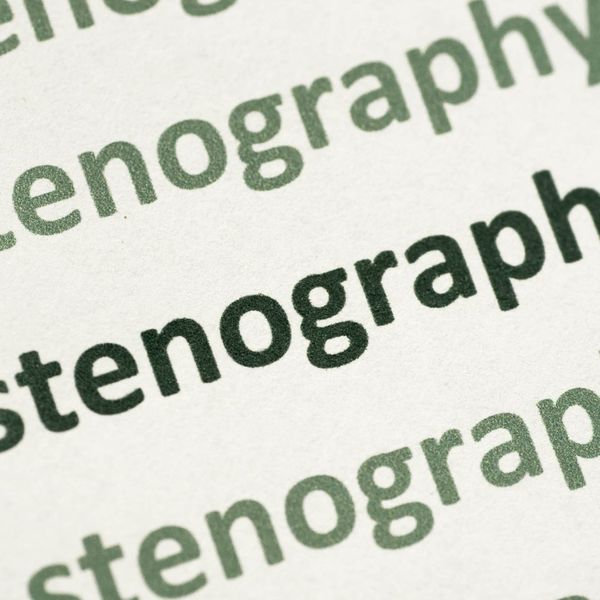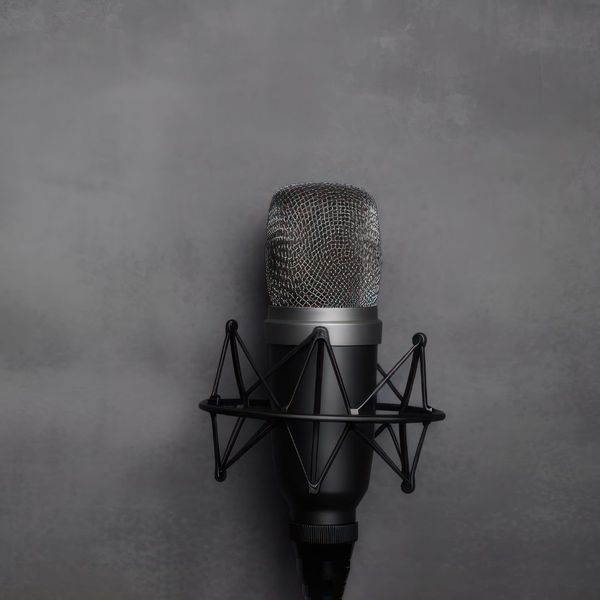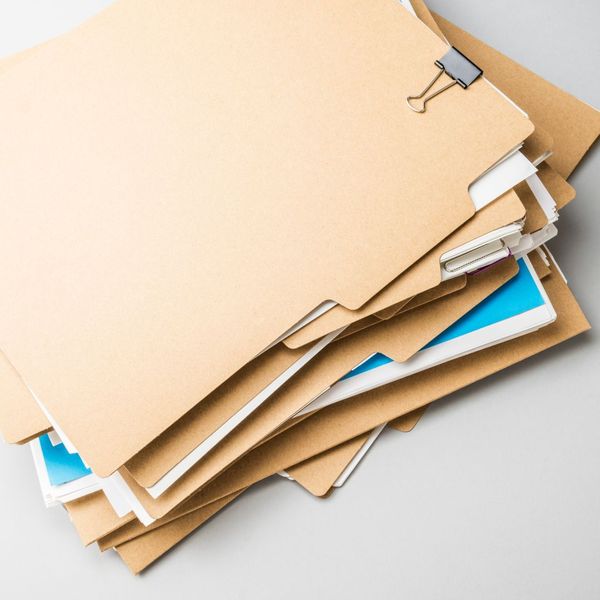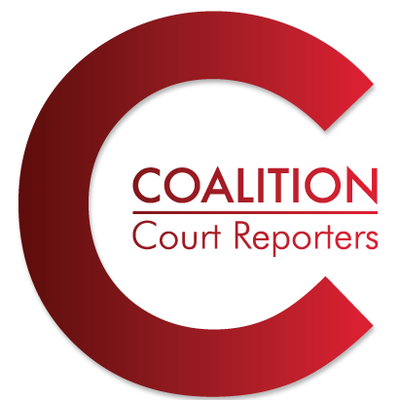When it comes to capturing the spoken word in legal proceedings, two methods have long been employed: stenography and digital recording. While both have their merits, choosing the best method for your case requires careful consideration. In today’s blog from Coalition Court Reporters, we will explore the pros and cons of each method, helping you make an informed decision. Learn more below, then contact us today.
Stenography vs. Digital Recording: What's the Best Method for Your Case?

The Case for Stenography
Stenography, the traditional method of court reporting, involves a highly skilled court stenographer capturing spoken words on a specialized machine. These professionals are trained to type at incredible speeds, ensuring a near-real-time transcription. The advantages of court stenography include accuracy, the ability to capture multiple speakers simultaneously, and the instantaneous production of a verbatim transcript that can be used in courtrooms, depositions, and other legal proceedings.

Exploring Digital Recording
On the other hand, digital recording offers a more cost-effective and convenient alternative to stenography. With modern technology, a high-quality digital recording device can capture audio with remarkable clarity. Digital recordings are easy to store, share, and edit, which can sometimes save time and money. They are also useful when a fully verbatim transcript is not needed, but rather a summary or specific excerpts.

Considering Limitations of Digital Recording
Despite its advantages, digital recording does have its limitations. Inaccurate audio due to background noise, low-quality equipment, or technical glitches can pose challenges during transcription. Additionally, without a stenographer present, it may be difficult to determine who is speaking, particularly in a courtroom setting with multiple participants.
To determine which method is best for your case, consider the nature of the legal proceedings, your budget, and your desired level of accuracy. For high-stakes trials, appeals, or cases where every word counts, stenography may be the best choice. However, if time and budget constraints are priorities, digital recording may be more suitable.

The Right Solution For Your Situation
Ultimately, the decision between stenography and digital recording should be based on your specific needs and circumstances. Consulting with a certified Los Angeles County court reporter, such as Coalition Court Reporters, can help you make an informed choice.
Both stenography and digital recording have their place. The best method for your case depends on factors such as accuracy requirements, budget, and convenience. By carefully weighing these factors, you can choose the most effective method of capturing the spoken word in your legal proceedings — and the good news is that our experienced, certified court reporters are here to help ensure you make the decision that’s right for your situation.
